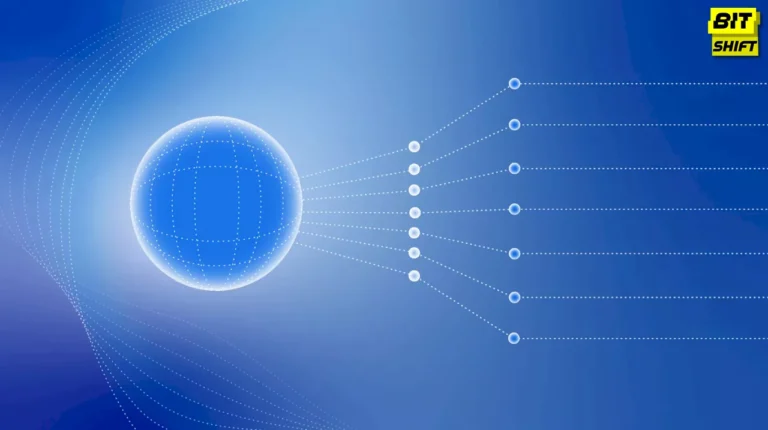
Summary
This article explores the latest artificial intelligence (AI) advancements, focusing on OpenAI’s ChatGPT. It delves into the new feature of memory being tested for ChatGPT and the implications of this development for users. The article also discusses the new controls for ChatGPT and how they enhance user experience.
“The future of AI is not just about machines learning from us, but also about them remembering and applying what they have learned.”
Artificial Intelligence (AI) continues revolutionizing various aspects of human life, with OpenAI leading the charge through groundbreaking projects such as ChatGPT. The latest development in this arena is the introduction of memory and new controls for ChatGPT, a shift that promises to enhance user experience and make future chats more beneficial.
Introducing Memory for ChatGPT
OpenAI is currently testing ChatGPT’s ability to remember things discussed during interactions. This feature will eliminate the need for users to repeat information, making future conversations more helpful and productive. Whether you tell ChatGPT to remember something explicitly or let it pick up details independently, the memory feature is designed to improve with each interaction.
Imagine telling ChatGPT about your preference for meeting notes to have headlines, bullets, and action items summarized at the bottom. The AI will remember this and recap meetings accordingly in future interactions. Or perhaps you own a neighborhood coffee shop and are brainstorming messaging for a social post celebrating a new location. ChatGPT, remembering your business, knows where to start. The possibilities of this new feature are vast and exciting.
Control Over Memory
As an AI user, you have complete control over ChatGPT’s memory. You can turn it off entirely, tell it to remember or forget specific things or manage memory through settings. Importantly, even if you delete a chat, the AI’s memories of it will remain unless you explicitly delete the memory itself. This control empowers you to manage your interactions with ChatGPT to your liking and comfort.
Temporary Chat for Conversations without Memory
If you prefer to have a conversation without using memory, ChatGPT offers a temporary chat option. These chats won’t appear in history, use memory, or be used to train the AI models. This feature ensures that your conversations remain private and transient when necessary.
Custom Instructions for Enhanced Assistance
The custom Instructions feature continues to be an essential part of ChatGPT. This feature allows you to provide the AI with direct guidance on what you’d like it to know about you and how you’d like it to respond. For explicit information or instructions, you can add it to your Custom Instructions. For information shared via conversations, ChatGPT can remember relevant details for you.
Privacy and Safety Considerations
OpenAI is taking conscious steps to ensure privacy and safety standards evolve with the introduction of memory. The team is working to steer ChatGPT away from proactively remembering sensitive information unless explicitly requested by the user. This precautionary measure is a crucial step in maintaining user trust and security.
Memory for Enterprise and Team Users
For Enterprise and Team users, the memory feature can be handy. It allows ChatGPT to learn and remember your style and preferences, saving time and leading to more relevant and insightful responses. Moreover, users have complete control over how and when their memories are used in chats, ensuring a personalized and secure experience.
Memory for GPTs
It’s not just ChatGPT that will benefit from memory. Other GPTs will also have their distinct memory, with builders having the option to enable this feature for their GPTs. However, each GPT having its own memory means that users might need to repeat details they’ve previously shared with ChatGPT.
Introducing memory and new controls for ChatGPT is a significant leap forward in AI. As we navigate the future of AI, these developments promise to make our interactions with AI more seamless, intuitive, and beneficial.
Share the Article by the Short Url:






